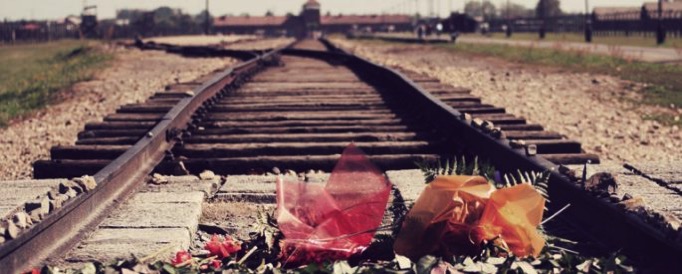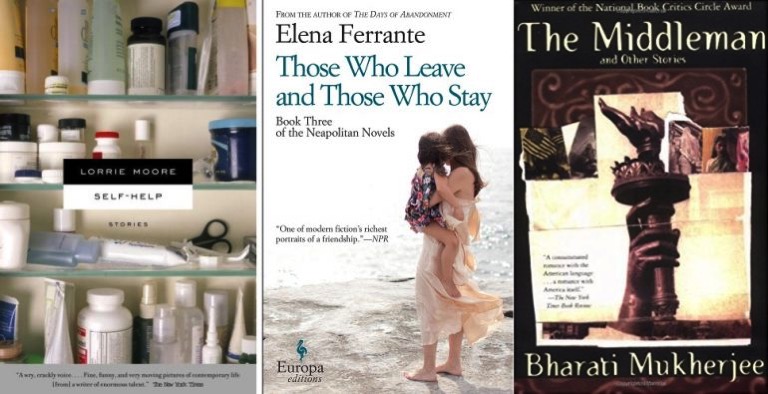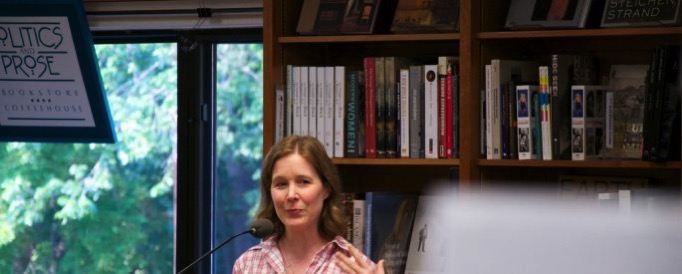I won the 2024 Gina Berriault Work-in-Progress Award for my novel-in-progress, The River’s Bend Sessions!
View this post on Instagram
Here’s the deal:
“The Gina Berriault Award was inaugurated by Peter Orner in conjunction with Fourteen Hills Press to pay homage to the eponymous writer, a former SFSU professor and PEN/Faulkner award-winning fiction writer, whose work embodied a strong sense of selflessness and compassion. Selected by an external judge, the award is given annually to an emerging prose writer with a similar spirit, one who has shown a love of storytelling and commitment to the larger writing community.”
When I got the good news in May, I remembered that my friend Paige Kaptuch had sent me the contest information and then nudged me to make sure I submitted. (Paige and I became friends in 2001 during our MFA program and started meeting again regularly about our fiction a few years ago. She’s been an endless source of encouragement and inspiration, but that’s a whole other blog post. For now: Thank you, Paigie!)
I looked back at my submission, which I’d sent in January and then promptly put out of my mind, because as any writer knows, it’s the only way to survive. Writers were invited to submit between 50 and 150 pages to the contest, and evidently I’d sent 127!
When I realized this, I was bowled over that more than one stranger had read and liked that many pages I do want to publish this book, which of course means that with any luck, strangers will eventually read it when I’m not aware they’re reading it, but this was disorienting. People had been reading and talking about my work while I’d been going about my business!
View this post on Instagram
I wanted to learn more about Gina Berriault, who died in 1999. I found this short NPR interview from 1997, when she was in her 70s and had just begun to receive wider recognition for her work. This spoke to me:
“It’s a strange situation for me because I’ve spent most of my life alone at my table many hours of the day and into the night … but I’ll tell you: in a way, it’s done me good. Because when I go to readings now — when I read, and I never did before — I meet people who have copies of my books that they’ve been keeping for years, and then I realize that I’m writing for them, too. Writing becomes more of a responsibility to others, for whom my work means something, because I’ve always struggled against a belittling of what I’m doing, even a belittling of being a writer. Because there’s something about being a writer that, even though you’re venturing out into the world with your imagination, you’re not — how shall I say it — you haven’t become a computer expert. You haven’t become a scientist. I think there’s a tendency for a writer to feel a little bit odd, like he’s doing something that perhaps he or she shouldn’t be doing. And that might be why writers all over the world are persecuted, prosecuted, assassinated, perhaps because you’re venturing too far into the human psyche, into what it means to be human.”
I relate mostly to the belittling and feeling odd part. Any persecution is self-persecution. These feelings have something to do with the how long I’ve been at this project, which I started in 2014. That’s part of why it’s taken me some time to write about this news, and here’s the place I’ve gotten to: It’s okay. Life has a lot of unexpected turns and difficulties, and still I keep returning to this story and these characters, because I want to. It’s turning out to be a very different book than it would have been if I’d finished it in a handful of years, as I hear some writers manage to do. A lot has happened in the world and in my life while I’ve been writing, and I know the story is richer for it.
Precisely twelve days before I received the happy email, I’d printed out everything I had on three-hole-punched paper, snapped the pages into a thick binder, and started reading. I scribbled notes in the margins and swapped chunks around. I tried to figure out where and how it would all end, and I scribbled down ideas to try. Now I’m writing forward again. I want so much for my protagonist and for myself. This award — both the financial support and the vote of confidence — will help me keep moving forward.
I’ve had good things happen with shorter excerpts of the novel. It’s set in two time periods — 1992 and 2021. I’ve known for a while that people like the 1992 sections, but I’ve never been sure if I can bring people along to 2021 (including myself). It’s a lot to ask. So it was affirming to know that those readers had come along with me, and with my protagonist, who is 15 for 70 or so pages and then — kablam! — 45. (And yes, this is pretty much how getting from 15 to 45 felt for me in real life, too. Where and when am I?!)
After learning of the award, I read The Son, a short novel by Gina Berriault, published in 1966. It’s about a woman’s life, and it spans decades. Berriault dwells in the interior and the everyday, which is exactly what I like best. She has enviable restraint, depicting the forces at work in the protagonist’s life and the damage she inflicts without comment. To borrow her words, she ventures (some would say too far) into the human psyche, into what it means to be human.
I was briefly sorry I hadn’t encountered her work sooner, but that quickly gave way to the conviction that I’d found it at exactly the right time. I wanted more, and it was all ahead of me. A copy of Women in Their Beds: 35 Stories, is waiting for me at The Book Rack when I get back from a summer road trip with my family. Gosh, I love that title.
I’m grateful to the novelist Vanessa Hua, who selected The River’s Bend Sessions for the award, and to the editorial staff of Fourteen Hills (writers, all of them!). An excerpt will be published in the spring 2025 issue, which will be the first time any words of The River’s Bend Sessions have appeared in print outside of my giant orange binder.
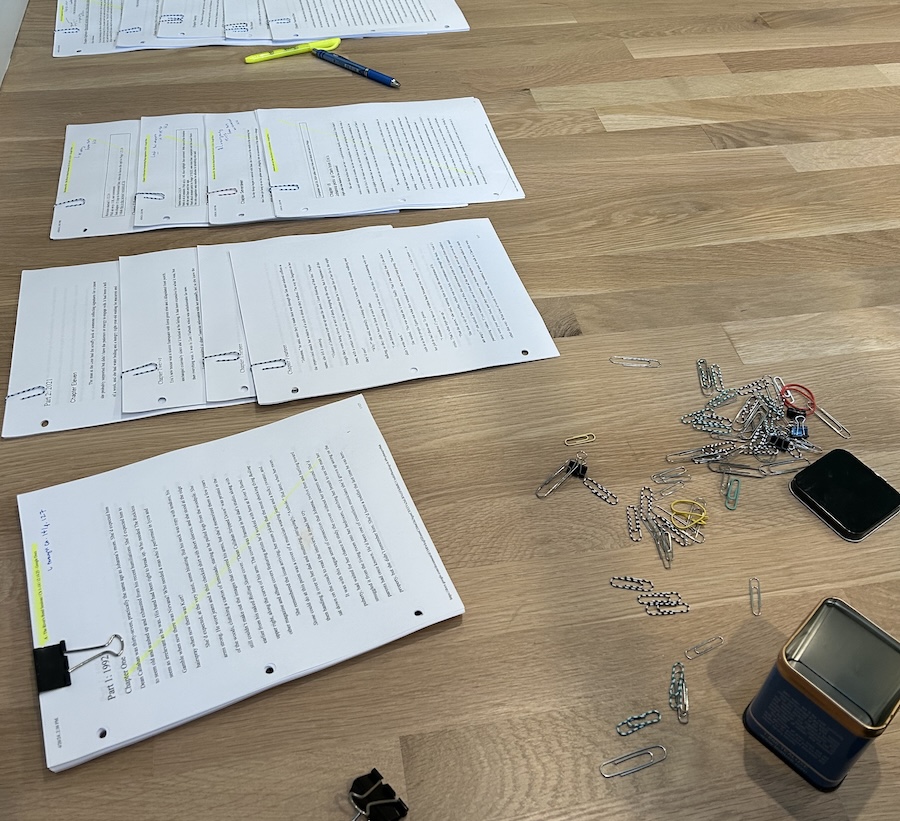
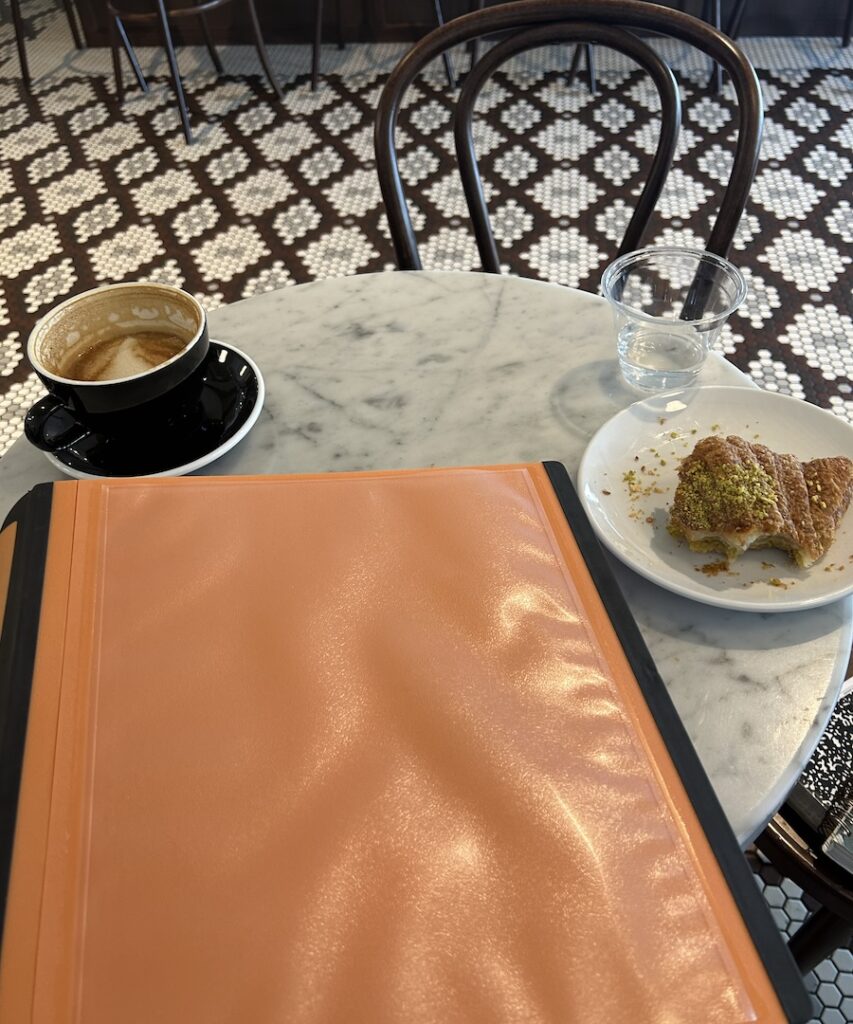
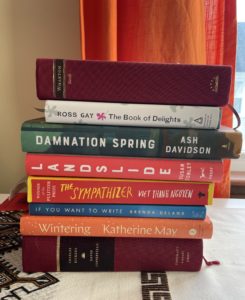
 My friend gave me a prayer plant last January.
My friend gave me a prayer plant last January.
